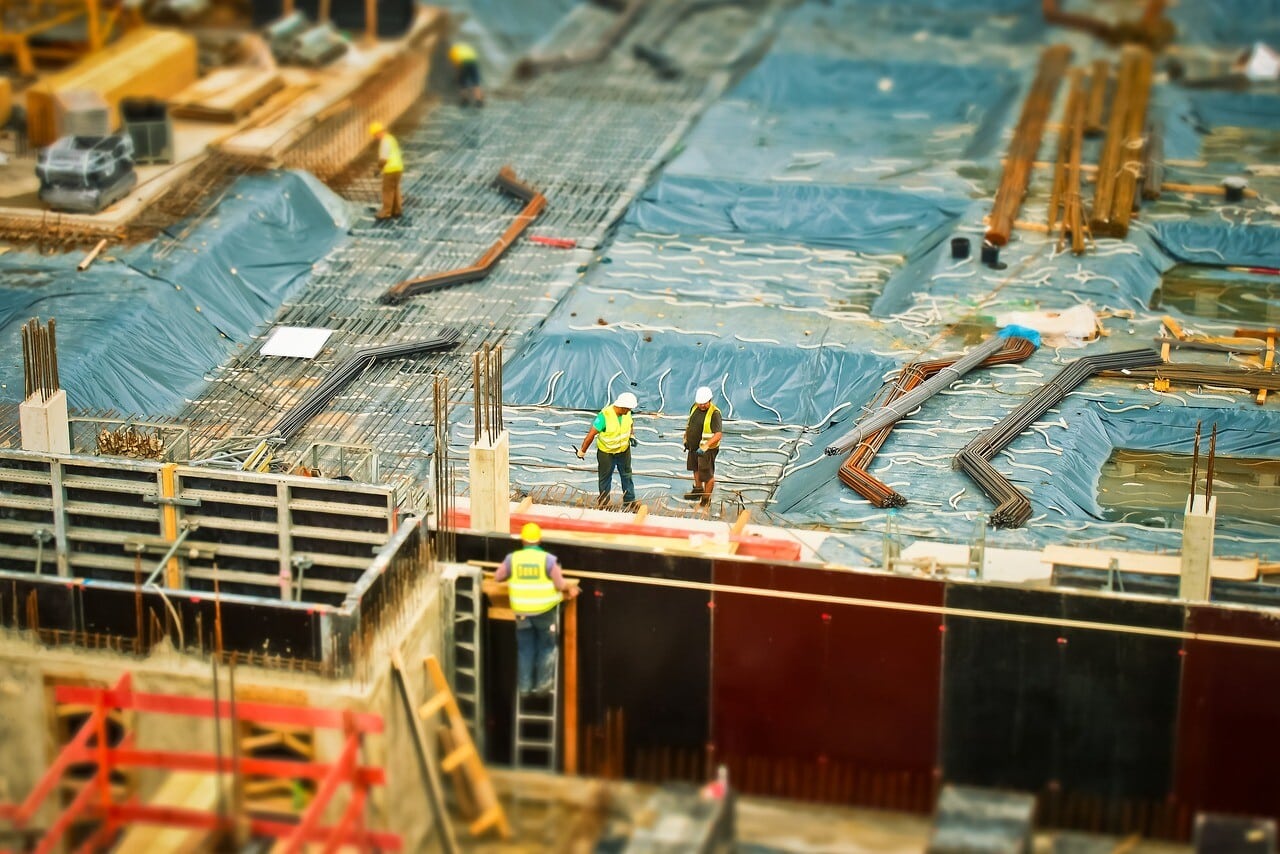
Artificial intelligence is changing the construction landscape
The integration of artificial intelligence in the construction sector is not just a good idea, but truly a necessity, due to the need to reduce costs and improve efficiency and safety.
What sets manufacturers apart from other companies is their even greater reliance on labor, large fleets of equipment, manufacturing materials, and transporting cargo. Throughout the production process there are huge possibilities for improvement through artificial intelligence, with six parameters standing out.
Programming and Planning
One of the first applications of artificial intelligence in construction is in project planning and design. AI-augmented planning tools provide the ability to perform analysis and identify potential project risks faster than in the past.
At the same time, AI-powered design tools such as BIM systems leverage machine learning algorithms to create detailed 3D models of construction projects. These models facilitate better visualization, allowing stakeholders to identify potential issues before construction begins.
Security management and risk assessment
Safety is a primary concern in the construction industry. Artificial intelligence enhances security management through real-time monitoring and predictive analytics. For example, AI-enabled cameras and sensors can detect dangerous behaviors or conditions in the space and alert supervisors.
Additionally, with good cumulative inspection data, AI algorithms can analyze historical data to predict and mitigate potential risks. Factors such as weather, employee turnover, frequency of safety training, and the delay of a project affect potential safety incidents.
Automated manufacturing equipment
Automation in construction is advancing rapidly, with artificial intelligence playing a critical role in the development of autonomous equipment. Drones, robotic arms, and autonomous vehicles controlled by artificial intelligence are being used for tasks such as field surveys, transporting materials, and even construction jobs such as masonry and welding.
However, machine control technologies that have been around for a while are an early example of automation. As AI technology advances and becomes more affordable, its adoption is expected to increase.
Supply chain optimization
Artificial intelligence is transforming supply chain management in the construction sector by optimizing logistics and inventory management. Machine learning algorithms can predict demand for materials, determine the most efficient supply routes and manage inventory levels in real time.
Supply chain optimization with artificial intelligence is gaining ground, especially among large manufacturing companies. And while the technology is mature, its implementation requires integration with existing enterprise resource planning systems and collaboration with suppliers.
Quality control and assurance
Ensuring high quality construction is critical to the success of a project. AI helps quality control by analyzing images and data from construction sites to identify defects or deviations from project design and specifications. For example, computer vision systems can detect cracks in concrete or inconsistencies in structural elements. While AI-based solutions exist for vertical construction, the tools for use in heavy urban projects are still new.
The main challenge in this parameter is the integration of AI systems with traditional quality assurance processes and the need for specialized personnel to interpret the data generated by AI.
AI-driven decisions
The number of decisions a project team must make each day to keep their project on track, on budget, and with the necessary security is staggering. These decisions are made with or without good data.
AI-based decision support systems provide construction managers with insights and recommendations based on real-time data analysis, which may include external data sources.
These systems can predict project outcomes, recommend resource allocations, and identify potential delays or budget overruns. However, the availability and effectiveness of these tools varies greatly, with much depending on the quality of data entry and the ability of administrators to understand the data presented, trust it, and act on the recommendations generated by the AI. intelligence.
While the potential of artificial intelligence in heavy urban construction is significant, several challenges prevent its full adoption. Among them, the high cost of artificial intelligence technologies, the need for specialized personnel, concerns about the protection of private data and the industry’s resistance to change are distinct difficulties. However, the continued evolution of artificial intelligence suggests that many areas of use will continue to evolve rapidly and successfully integrate into the construction industry.
